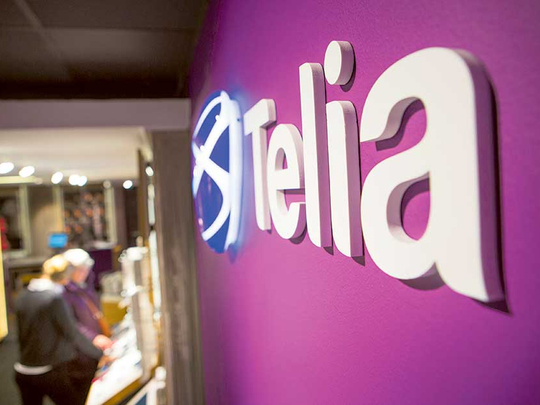
STOCKHOLM: US and Dutch authorities are seeking $1.4 billion in fines from Telia to settle probes into alleged bribes by the Swedish telecoms operator in the Central Asian state of Uzbekistan, Telia said Thursday.
It said the proposals for the settlement did not go into much detail “but suggests a total settlement amount of approximately USD 1.4 billion” (1.25 billion euros), the company said in a statement.
The probes were opened in March 2014 into alleged payments made to an Uzbek firm for the purpose of obtaining a mobile operating licence as well as a 26 per cent stake in the Uzbek operator Ucell.
“I have said on many occasions in the past that Telia Company’s entry into Uzbekistan was done in an unethical and wrongful way and we are prepared to take full responsibility,” board chairwoman Marie Ehrling said in a statement.
According to Telia officials, the company began operations in the former Soviet republic in 2007 via a Dutch holding company.
Netherlands-based Russian mobile operator VimpelCom, which was involved in a related case, earlier this year agreed to pay $835 million to settle US and Dutch charges it paid massive bribes to get into Uzbekistan’s telecommunications market.
Some of the funds transited through US accounts, and according to the US Department of Justice, ended up with a “relative” of former Uzbek president Islam Karimov for mobile phone licenses and frequencies.
US officials declined to identify the relative involved in the VimpelCom case, but Karimov’s eldest daughter Gulnara Karimova was placed under house arrest two years ago as she was under investigation for corruption.
Anti-corruption group Transparency International has said in a report that Karimova “is suspected of receiving more than $1 billion worth of shares and payments from mobile phone companies in exchange for her influence.”
Ehrling said Telia was cooperating with the US and Dutch probes, but that the company “will now have to analyse the information and decide on how to proceed with the ongoing discussions with the authorities.”
Ehrling added that “our initial reaction to the proposal is that the amount is very high.”
She later told Swedish public radio that the amounts being sought by US and Dutch authorities “ ... shows that the cost of acting badly is expensive.”
The head of TeliaSonera, as the company was then called, resigned in 2013 after an external review ordered by the company directed “serious criticism” at shortcomings in the Uzbekistan investment, although he rejected accusations of corruption.
Telia’s shares slid 1.1 per cent in morning trading in Stockholm.












